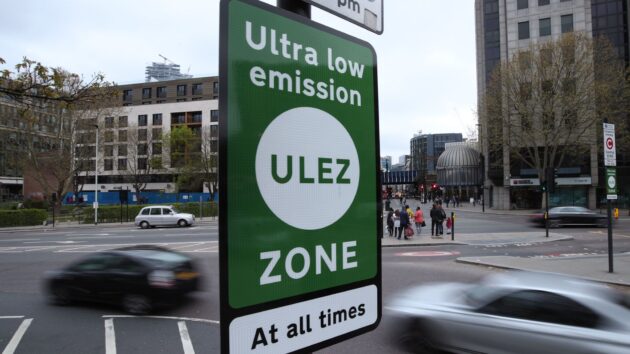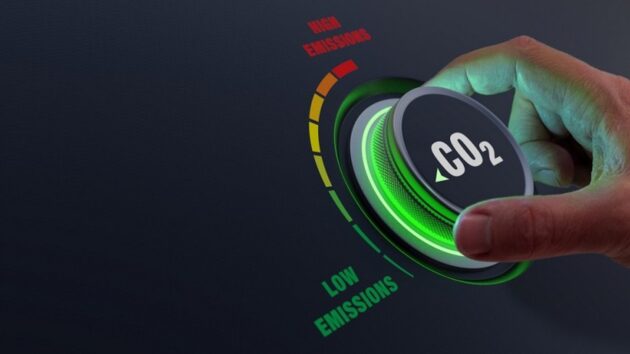In an age where skepticism runs high and transparency is elusive, the entwining of science and politics has taken on an eerie aura of manipulation. The sinister suspicion that government machinery is exploiting scientific veneers to exert dominion over the masses and ram through controversial policies like Net Zero emissions targets, complete with Big Brother-style surveillance measures and a Chinese-inspired social credit system, has cast a shadow over the credibility of evidence-based decision-making.

The hallowed halls of scientific inquiry, once sanctuaries of unbiased exploration, have seemingly transformed into echo chambers of political expediency. The grim picture painted by skeptics suggests that governments, under the guise of ecological salvation, are masterminding a systemic erosion of personal freedoms, cloaked beneath the seemingly altruistic façade of environmental protection.
The fabled realm of science, with its reliance on methodical exploration and empirical data, should serve as a bulwark against manipulation. However, the journey from empirical truth to policy prescription is labyrinthine, fraught with pitfalls that manipulate fact into a weapon of subjugation.
Detractors argue that the proclamation of Net Zero emissions targets, while draped in the allure of environmental sainthood, is a calculated move to tighten governmental reins. This narrative underscores a disconcerting concern: the government’s potential ability to regulate individual behaviours, surveil daily movements, and enforce a conformity that reeks of dystopian governance.
- Science as a Political Tool: As governments cherry-pick scientific findings that align with their agendas, science morphs into a malleable instrument, reshaped to suit political machinations. The ostensible goal of Net Zero emissions becomes an excuse to further entangle citizens in a web of control.
- The Erosion of Personal Liberties: The advent of surveillance mechanisms like Ultra Low Emission Zone (ULEZ) cameras, capable of facial recognizing individuals, reeks of a society under constant watch. This intrusion into private lives, justified by ecological concerns, teeters on the precipice of an Orwellian reality.
- Social Credit System: A Creeping Nightmare: The insidious introduction of a social credit system akin to China’s unsettling model paints a grim portrait of a populace living under the government’s watchful gaze. By intertwining creditworthiness with political conformity, individuals are compelled to trade autonomy for social compliance.
- Economic Hardships: Beneath the grandeur of Net Zero lies a potential economic quagmire, where citizens, particularly the vulnerable, bear the brunt of costlier policies. As energy prices soar and access to necessities dwindles, the heavy toll on citizens’ well-being becomes an undeniable reality.
The critique, however, must be wielded judiciously. While scepticisms surrounding government intentions is valid, verifiable evidence should bolster accusations of sinister manipulation. Transparency, independent oversight, and rigorous scrutiny of both scientific research and policy implementation are potent antidotes against the malevolent coupling of science and governance.
Governments, in their zeal to expedite agendas, must heed the collective voice of informed citizens who demand accountability. A vigilant populace, unafraid to question authority and scrutinize actions, can function as a potent deterrent against the subversion of science for political gain.
In the crucible of this discourse lies the inescapable truth: the synergy between science and politics is an intricate tapestry. As we navigate this intricate terrain, a measured scepticism serves as a sentinel of democracy, protecting it from the insidious encroachment of governmental overreach.
The narrative of Net Zero policies, replete with surveillance apparatuses and social credit systems, cannot be painted with broad strokes of condemnation. While the spectre of government manipulation looms ominously, it is our collective responsibility to discern between earnest ecological efforts and calculated power plays. By remaining vigilant, informed, and resolute in the face of potential overreach, we can salvage the integrity of both science and governance, and pave a path toward a future where transparency, freedom, and genuine environmental stewardship thrive.
Visits: 50








































